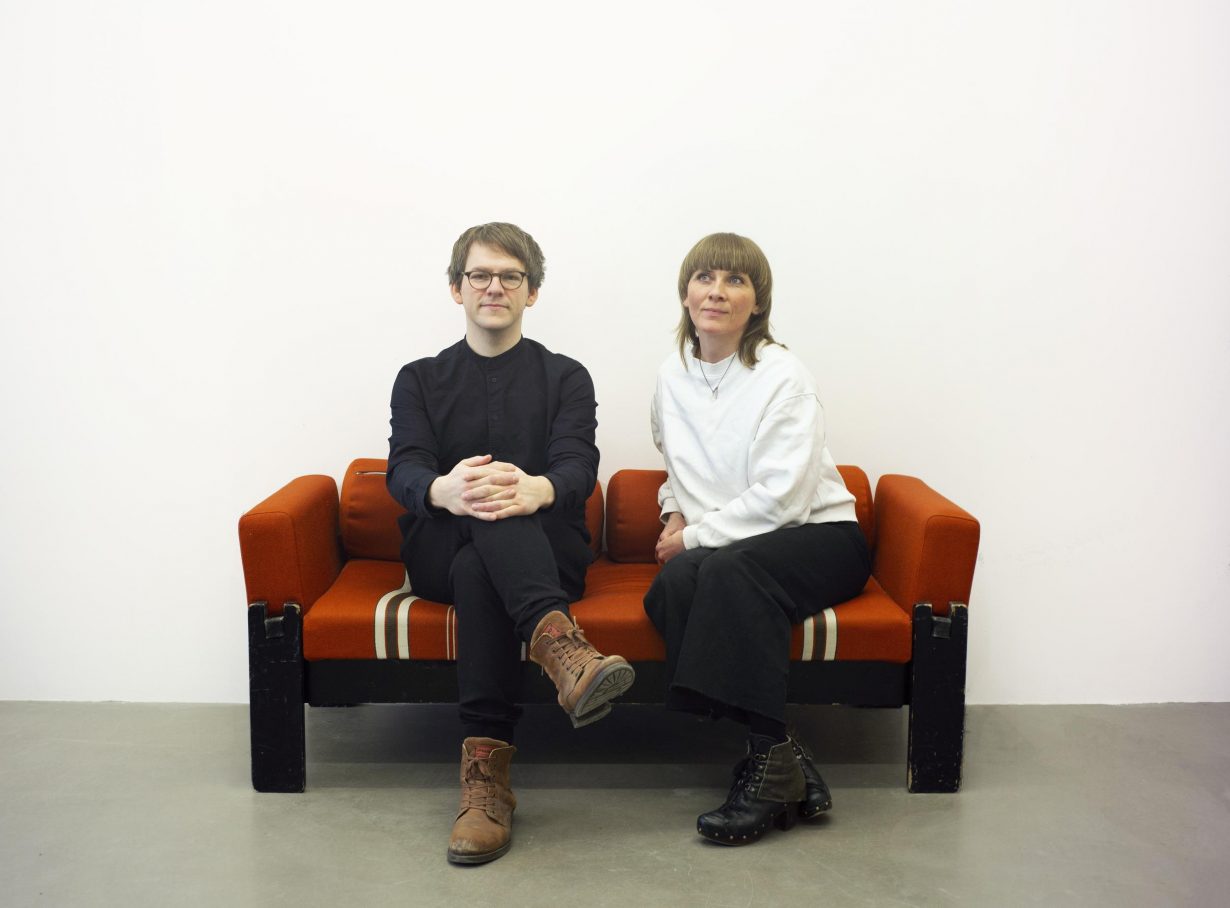While biennials and festivals are once again being pushed back as successive waves of COVID-19 cases catalyse more lockdowns globally, announcements on curators and themes of future events continue unabated.
In Brazil, organisers of the Mercosul Biennial announced Marcello Dantas as taking the reins of the 2022 edition. Dantas’s last biennial experience was in Vancouver, in 2014, but since the curator has become known for a series of immensely popular solo touring shows for artists in Latin America, including ambitious surveys for Ai Weiwei, Anish Kapoor and Michelangelo Pistoletto.
Ai’s 2019 retrospective in Brazil, his first in the South America, was the most visited exhibition globally that year with 1.1 million people filing through stops in São Paulo, Belo Horizonte, Curitiba. At Centro Cultural Banco do Brasil, Rio de Janeiro, ai weiwei: RAIZ, was seen by 9,172 visitors a day (approximately 600,000 in total). Dantas has also overseen the opening of a series of new public and private museums, including a natural history museum in Brazil’s Serra da Capivara National Park, a museum for the Brazilian city of Manaus and the São Paulo edition of Japan House, an international cultural diplomacy project by the Japanese government.
The Mercosul Biennial was established in the city of Porto Alegre in 1996.
Joining Dantas’s team is Carollina Lauriano, who until June last year was curator at São Paulo off-space Ateliê397, long-term collaborator Tarsila Riso and artist duo Ío (Laura Cattani and Porto Alegre-born Munir Klamt). They will be hoping for better luck than Argentinean curator Andrea Giunta, whose 2020 exhibition of the biennial was forced online.

Further north, but as optimistic, are the organisers of the Sequences Festival in Reykjavik. Scheduled for October, locals Þóranna Dögg Björnsdóttir, a sound artist, and Þráinn Hjálmarsson, a composer, will programme the art festival this year, which is dedicated to time-based practices. The pair were appointed through an open call for ideas. The biennial festival traditionally names an honorary artist, whose work is used to develop the central themes of the show. While in previous editions this has often been an international name, including Carolee Schneemann and Joan Jonas, for the tenth edition Björnsdóttir and Hjálmarsson have pragmatically picked Icelandic author and poet Elísabet Jökulsdóttir to be celebrated.
Björnsdóttir said of the choice: ‘Elísabet’s works are a barometer of society at any given time. Elísabet is perpetual and generous in her discussion of humanity and with her actions and vocabulary she weaves threads between different art forms. She has paved the way for discussions about mental health and with her stories and conversations with society, she gives us the opportunity to enlarge our souls and reflect us in the spectrum of common emotions. She is always reminding us of magic.’
Anyone wishing to catch the last weekend of the Icelandic event, which takes place 15–25 October, can do so with two days’ grace to get to Nepal, in order to visit the Kathmandu Triennale, which, postponed from last December will open on 27 October. It’s led by artistic director Cosmin Costinas, director of Hong Kong’s Para Site, and co-curated by Nepalese artists Sheelasha Rajbhandari and Hit Man Gurung.
The opening of the Gwangju Biennial, supposed to take place this month, has been postponed to 1 April. Likewise, Gallery Weekend Beijing has been shifted from March to the last week of April.